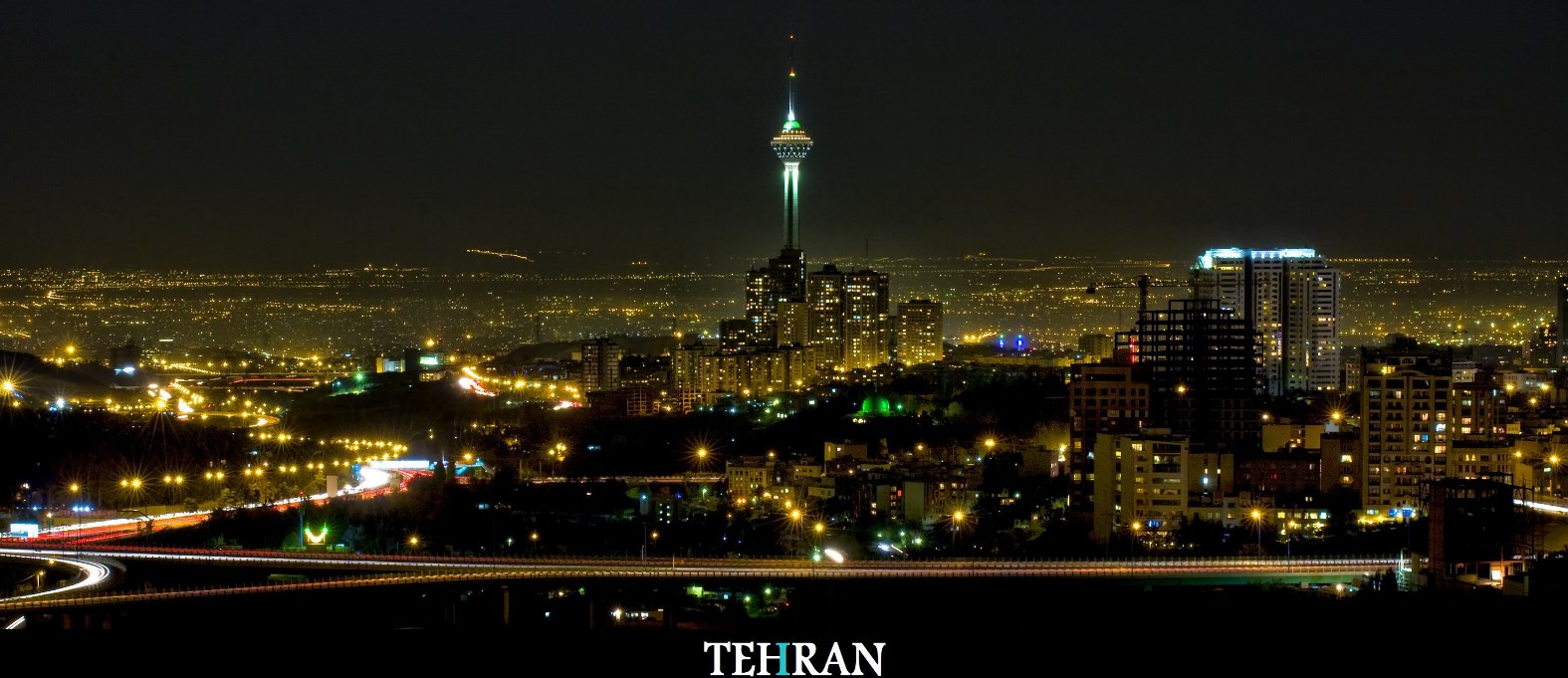

Iran is taking steps to ramp up oil exports ahead of an end to US-led sanctions, extending crude contracts with its top two Chinese buyers into 2016 and starting talks with other potential buyers there, Reuters reported on Thursday.
Sinopec Corp, Asia’s largest refiner, and Chinese state trader Zhuhai Zhenrong Corp will together lift around 505,000 barrels per day (bpd) of crude from Iran in 2016, the same as this year when they took roughly half of the Islamic Republic’s total exports, Reuters has quoted sources involved in the talks as saying.
China bought 536,500 bpd of Iranian crude oil in the 10 months to end-October, down 1.9 percent on a year ago as a third regular client, independent Dragon Aromatics, halted purchases for safety checks after a fire in April.
Iranian oil officials have met in the last two months with traders at PetroChina, the country’s second-largest state refiner, and state-run CNOOC, which runs a petrochemical complex with Royal Dutch Shell, three sources involved in the talks said.
PetroChina’s parent company CNPC started pumping oil at Iran’s North Azadegan field around October with estimated flow of 75,000 bpd. An easing of sanctions could allow the company to start lifting its share of production, company sources have told Reuters.
Under the main China contracts renewed for 2016, Zhuhai Zhenrong Corp is expected to lift an average of 240,000 bpd and Sinopec 265,000 bpd, the sources said.
Iran was China’s No.6 crude supplier in 2015, but faces competition from rivals like Saudi Arabia and Iraq. Iranian oil is more expensive than similar grades from other Middle Eastern suppliers due to its lower sulfur content and slightly higher yield of gasoline, said a senior trader with CNOOC.
With no clear timeline for a restart at petrochemicals producer Dragon Aromatics, one of Tehran’s key condensate buyers, after its April fire, Iran hoped new buyers in South Korea, Japan as well as in China would pick up the slack, traders said.
The CNOOC-Shell petrochemical plant in southeastern Guangdong province could also be a replacement buyer for condensate, they said. The plant was forced to drop a regular supply pact in mid-2012 when the European Union put an embargo on trading Iranian oil.
